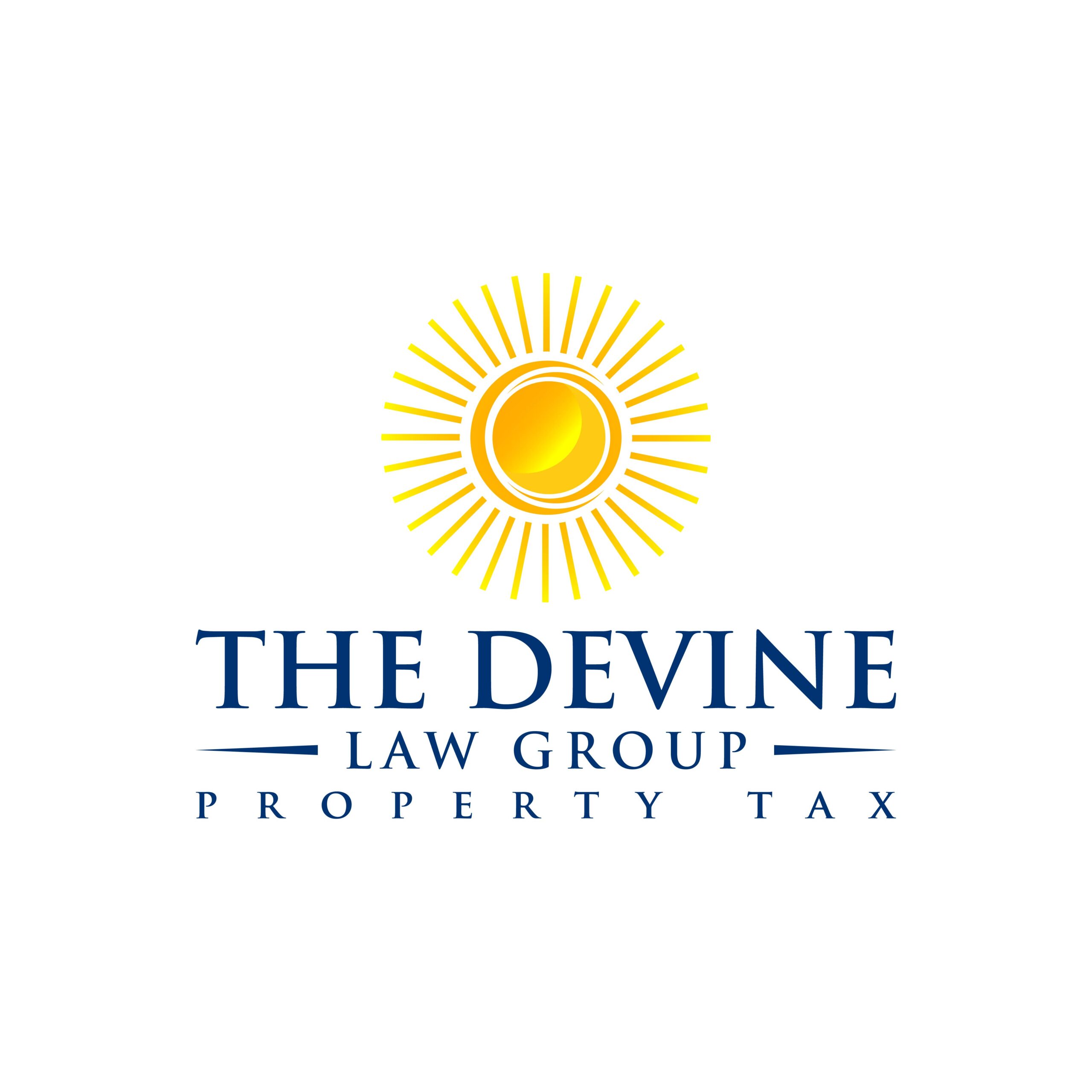This is a higher-level blog post written for property owners who have utilized property tax appeal representatives on a frequent basis in the past. After many years of representing property tax matters to the exclusion of other matters, we deeply understand the standard of care and the best practices in our industry.
When we respond to a request for proposal (RFP) for the largest companies in the country, these are the questions they are asking. Your matter is just as important and the same inquiries apply to all asset types and property values.
1.Do you have enough of the right kind of experience and what is your capacity?
In Cook County, properties are assessed every three years on a triennial cycle. Outside of Cook County, properties are assessed every four years on a quadrennial cycle. In our experience, it takes at least two full assessment cycles – ideally more – to become competent in property tax representation in Illinois. A firm’s experience level with the particular property type is also important and to verify that the firm has experience pursuing relief at all levels of appeal.
You should also inquire as to how aggressive the firm can be with your appeal. In Cook County, firms are limited to a certain number of oral hearings per township at the Board of Review. A high-volume property tax firm will be less likely to identify a lower-value asset for an oral hearing. It is also good to ask what percentage of cases are appealed to the next level after the Board of Review: some firms state in their fee agreement that they do not go to the next level of appeal at all. Others have a specific dollar-amount threshold for determining whether they are appealing to the next level.
At the Devine Law Group, we have a combined 50 years of property tax experience including unsurpassed knowledge of Collar County and downstate assessment jurisdictions. We also have the capacity to take an oral hearing at the Cook County Board of Review on any commercial property in Cook County, if needed. We prefer in-person hearings to those offered by phone or video.
2.How is your reputation?
Not long ago, major property owners would hire their property tax appeal firm based on clout rather than competence. With continuous stories breaking about corruption in the tax appeal system, federal investigations, and sexual harassment and discrimination lawsuits, it is reasonable to ask a prospective law firm if any lawyer in the firm is being investigated or sued in any way. It is also reasonable to verify that there has been no professional discipline and to conduct a basic internet search to see if there are any concerning news articles or associations.
Any law firm you ever hire for any matter should have a professional website, deep connections to the organized bar and other related voluntary organizations, and should be free from criminal investigations, scandalous press, harassment/discrimination allegations, and professional discipline.
Here at the Devine Law Group, we strive to never be the reason that your company is the subject of bad press: often, the best way to stay out of scandal is to hire representatives who are doing the same. Clout-heavy lawyers are the past. Competent lawyers are the future.
3.How do you choose which appraisers to recommend?
Generally, if an advocate does not know which experts to consult on a specific asset type, the advocate should not be taking on that representation. “I use my cousin” is a bad answer to this question and “I use whoever comes in lowest” is a worse answer.
Here at the Devine Law Group, we recommend experts that are highly experienced with the asset type and who have a proven record of providing clear and reliable testimony in an adversarial hearing.
4.What is your firm culture?
As with any business, client service and outcomes are improved when employees are working in a functional, adequately staffed, professional environment. Employment practices that detract from excellent service and outcomes include many – but not all – nepotism arrangements, low pay, long hours, minimal benefits, no path to partnership for lawyers, and no professional development for staff.
Good questions to ask:
- “How often does your staff work nights and weekends?” A firm that is understaffed most of the time will not have adequate capacity to do more than the bare minimum for active matters. Understaffed firms will also have a limited ability to provide for the professional development of the attorneys and staff.
- “Does your company have any owners who are female and/or are members of an underrepresented group?” National companies are increasingly asking this question. Review of many major Chicago developers’ websites reveals that many of them now employ diversity and inclusion professionals who are likely to become increasingly involved in vendor selection, including law firms.
- “I notice none of your associates have become a partner after 10 or 15 years, why is that?” The answer to this question will tell you a good deal about the short-term and longer-term future trajectory of a law firm. Firms with no path to partnership can suffer from low morale, high turnover, and lack of innovation: the firm may innovate and grow for a time but when the sole proprietor is satisfied with their own level of personal wealth, the firm may begin its decline. Many of the largest property tax firms are organized as sole proprietorships despite names suggesting something to the contrary.
- “How many of your administrative staff members have their wages reported on a 1099 rather than W-2?” This payment arrangement for administrative staff is rarely proper under the legal tests that must be followed. This practice causes financial stress for employees at tax time and contributes to high turnover.
Here at the Devine Law Group, we are a woman-owned firm, we work a four-day workweek, and we pay a better-than living wage (including payroll taxes). We provide a 401K plan with a match, vacation time, parental leave, and health insurance reimbursements. We believe that if a company cannot afford to offer these things, then they cannot afford to hire a full-time employee. We also require and fund the professional development of our staff. There will always be a path to partnership for any lawyer we hire.
5.What kind of technology and processes are you using?
Property tax representation is a volume business. Most firms represent thousands of unique properties. Some even have a case count higher than 10,000. Each level of appeal has several deadlines and other important dates. These dates include a filing deadline, a documentation submission deadline, a hearing date, and a re-review date. In court, there are additional deadlines such as mandatory disclosure deadlines, case management dates, settlement hearings, and prove updates. Said another way – this is a very deadline-intense practice area. This is one of the main reasons so many property owners – even attorneys – feel that self-representation is not advisable.
There is also an enormous amount of big data to manage: there are 1.8 million property index numbers (PIN) in Cook County and the assessed values for the PIN numbers in a reassessment township are updated three times in a single year: first pass, second pass, and Board of Review certified. To advance a lack-of-assessment-uniformity argument for a homeowner, a firm needs to be able to compare a subject property to many – sometimes hundreds– of similarly classified properties in the same neighborhood code. The most thorough and effective way to do this is by utilizing the raw data the assessor leases for an annual fee of $5,000.
As a part of the Assessor’s data subscription package, a firm also gains access to the Assessor’s property record cards (PRC) for commercial properties. The information on a PRC is vital to the analysis of commercial values. In recent years, the wait time to obtain the same data by way of the Assessor’s Freedom of Information Act process has exceeded the number of days between the publication date and the first appeal deadline.
Firms need to access an enormous amount of data to provide competent analysis of a taxpayer’s assessment. Attorneys following modern best practices utilize many layers of ever-changing technology to meet hundreds of deadlines for various counties and townships per year. Some good questions to ask:
- Do you pay the annual subscription fee for the Assessor’s data package?
- Do you utilize practice management software?
- How do you keep track of billing?
- Will I be able to sign documents digitally with your office?
- Will you correspond with me after each level of appeal?
- Will you correspond with me if you are not taking action at a certain level of appeal for a certain tax year?
- How do you secure your clients’ data?
These questions might seem basic, but some firms will tell you that they track their billing on a loose-leaf paper in a binder, that they have no idea how to capture a digital signature let alone utilize remote notarization, that their method of checking assessment uniformity involves manually checking only the similarly-classified houses on the same block number, that they are not set up to provide updates after every appeal opportunity, that they track all their properties and dates on an enormous excel spreadsheet, that they don’t even attend in-person hearings at all, that their document automation system (if they even have one) is DOS-based, that they have never heard of a firewall and many other details about outmoded processes and technology.
Here at the Devine Law Group, we obtain all helpful data including the Cook County Assessor’s data subscription and the Multiple Listing Service, and much more. We invest in state-of-the-art technology to keep pace with evolving best practices in our practice area. This enables us to provide the best client outcomes, communicate with our clients every step of the way, and keep your data organized and secure.


